Armistice Centennial: The Final Days Of WWI With Oriskany
October 27, 2018 by johnlyons
Today the guys join our Historical Editor Oriskany to talk about his upcoming article series on the Armistice Centennial, aka the 100 year anniversary to the end of The Great War.
Check Out More Historical Content Here
John and Gerry meet with James to discuss the final days of The Great War and give their opinions of what happened during those times, how it affected future warfare and how it can be remembered in the upcoming 100 year anniversary.
Check back soon for the Final Days of The Great War Article Series.





























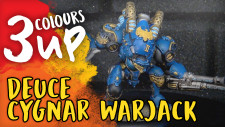

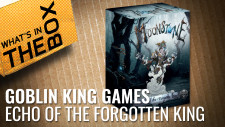
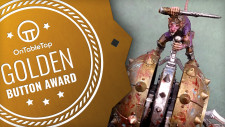


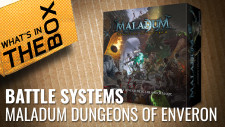






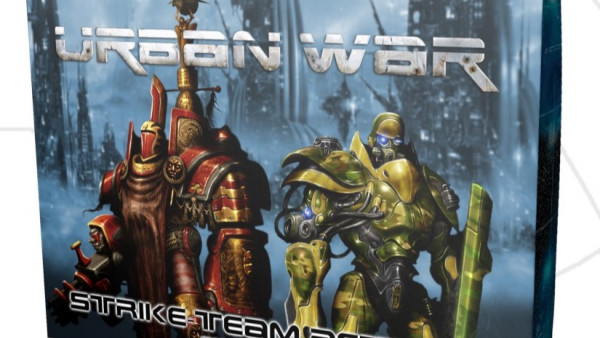


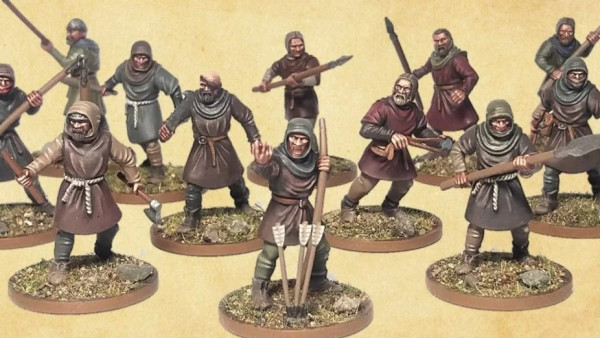
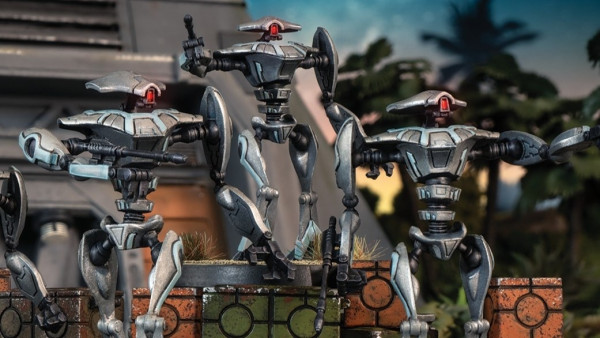
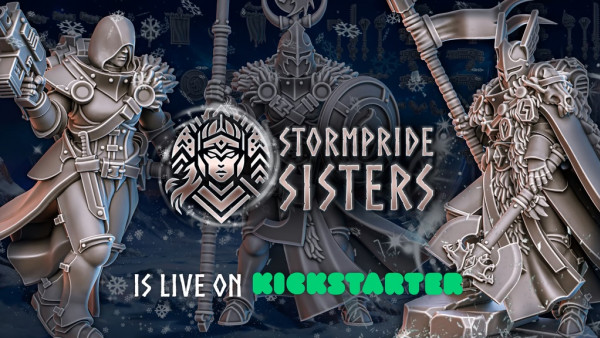
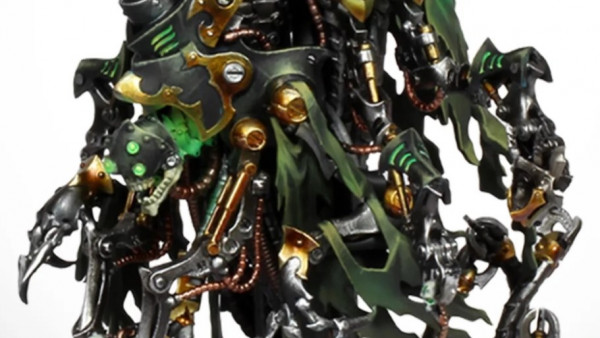

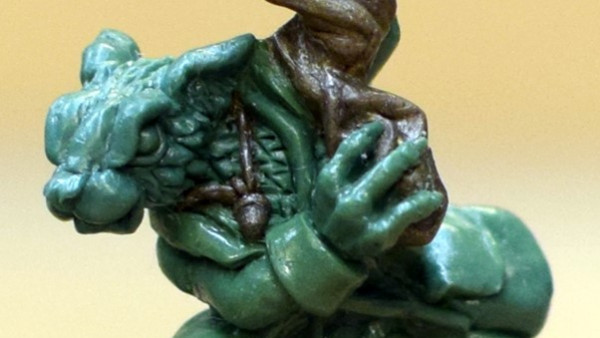
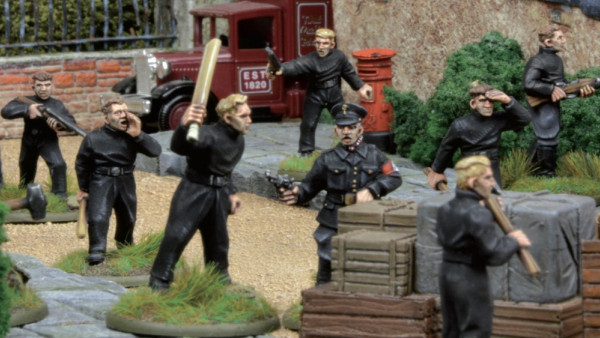
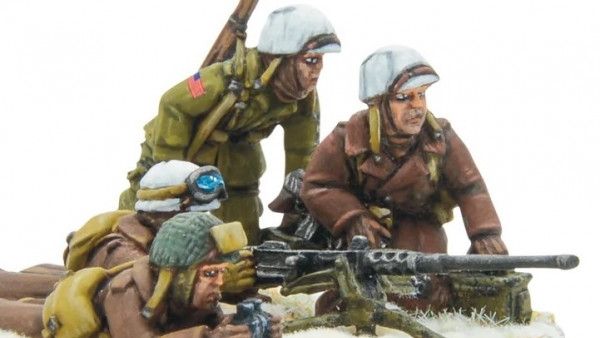
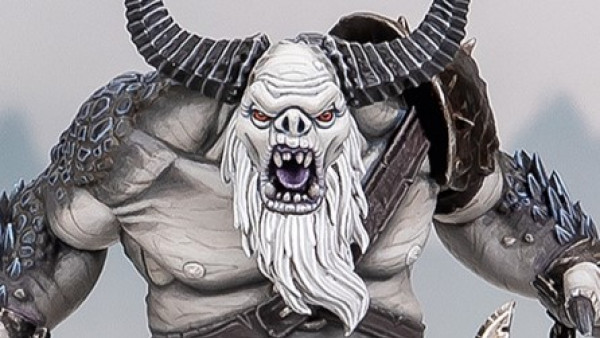


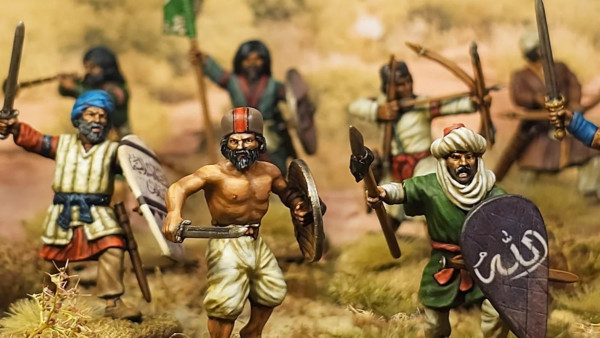
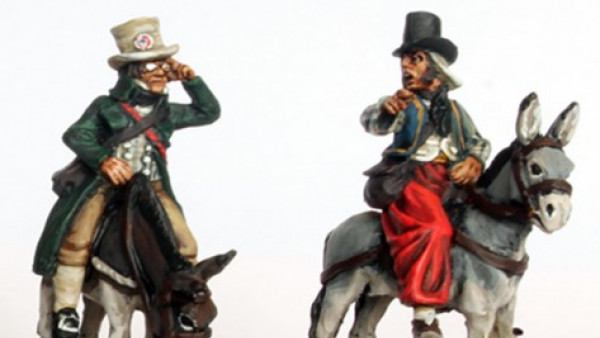

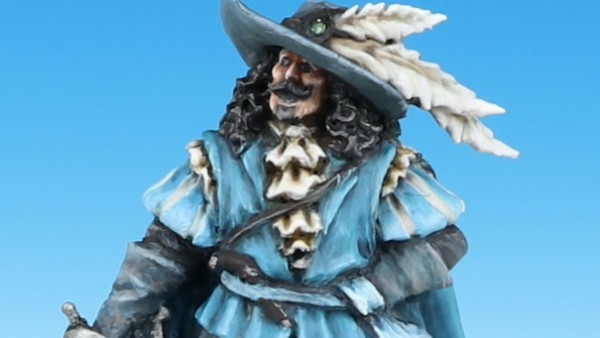
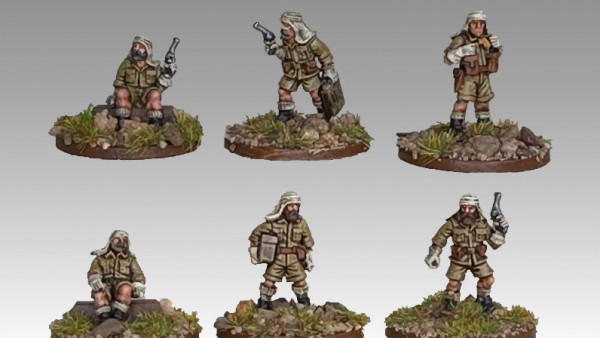
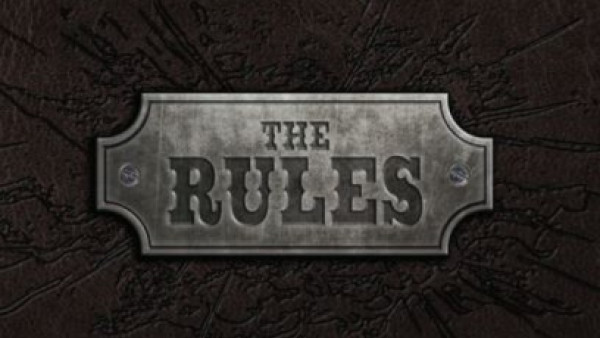
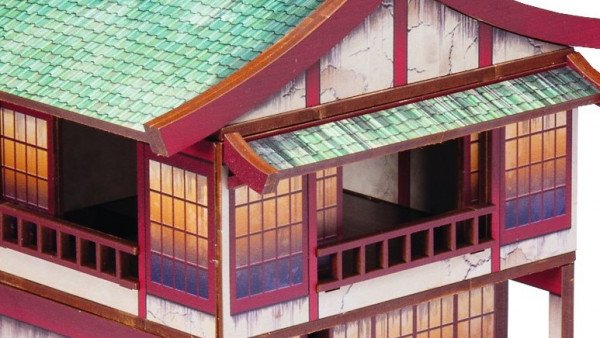
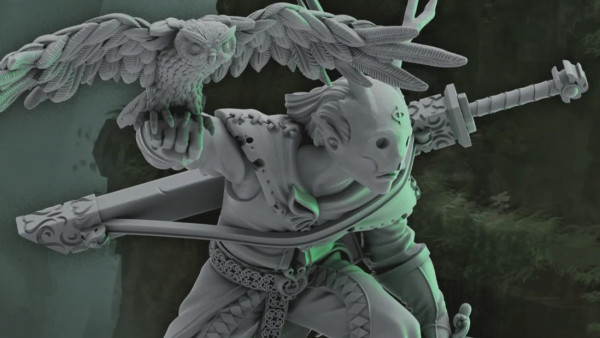
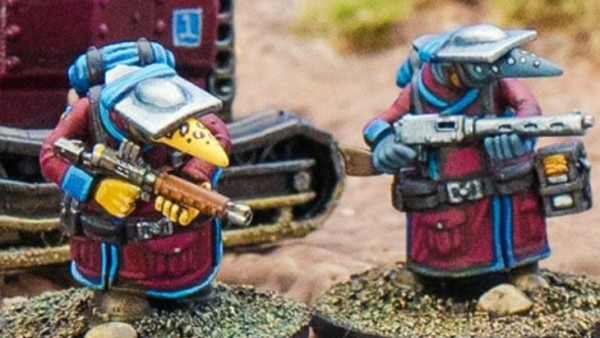
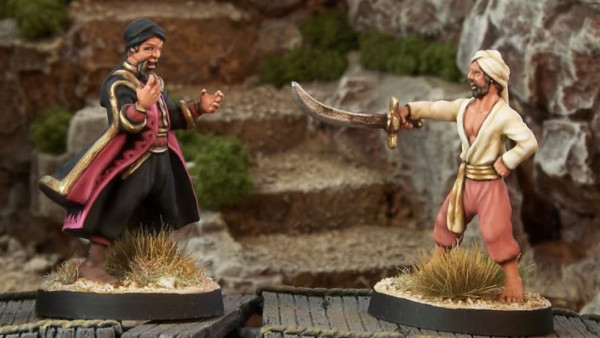
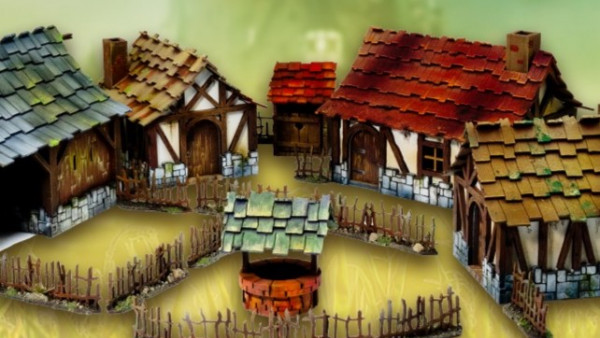
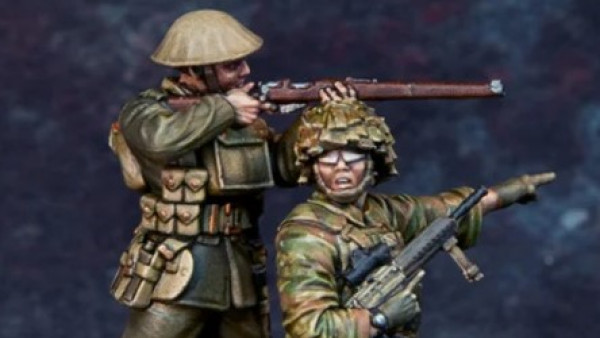
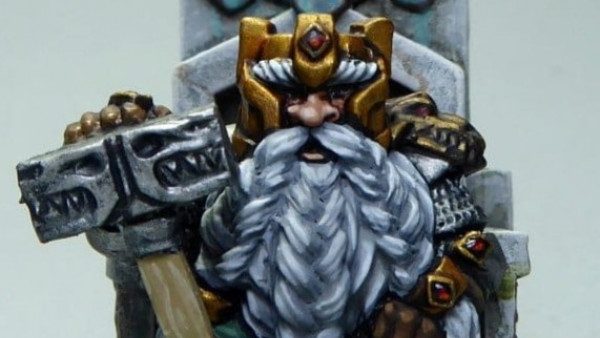
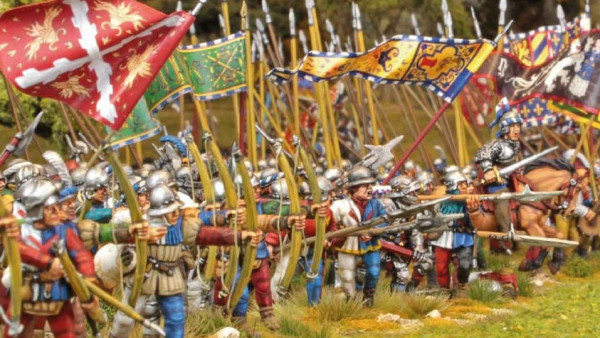
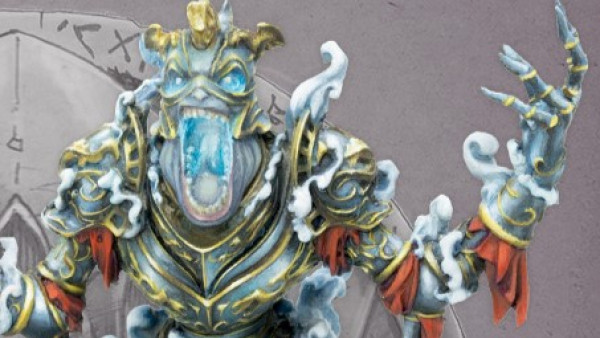


The British lost more men in 1918 than they did in 1916 and 1917
Absolutely true. First off, British / Commonwealth / Dominion losses just in the St. Michael Offensive are horrific, the Third Army is pretty much smashed out of recognition, Fifth Army all but dies in place. Losses are highest among two Irish divisions, 16th and 36th, and pretty much have to rebuilt almost from scratch. And this is before the start of the Hundred Days, which for the British actually turn out to be even bloodier. The British (+Canadians and Australians) suffered 350,000 killed and wounded since the start of the Battle of Amiens (8 August 1918), with 140,000 just at… Read more »
The biggest problem is that Germany never surrendered.Foch himself after the treaty said that they were going to have to do it all again in 20 years. Fochs plan was to break down Germany into 3 or 4 different states but the other Allies wouldn’t go with it as self determination was an important part of the peace treaty
Foch and Clemenceau were right … but honestly took absolutely the wrong lessons and drew the wrong conclusions about how that war ended, how the peace should be handled, and what post-war Germany should look like. It’s understandable, given what had just happened, but 100 years of subsequent history does not reflect on them kindly at all. Foch, obviously, was absolutely right about another war in 20 years. Too bad a big part of this was his fault – and much more Clemenceau and Lloyd George. Not to say the Americans were completely blameless. Wilson’s Fourteen Points and proposal of… Read more »
Personally I think the French were still looking for recompense not only for the damage during WW1 but also to try and purge the embarrassment of the Franco Prussian War
I would agree with that. The problem is that it sets up what happens to them in 1940, along with the rest of Europe and much of the world.
The result of Versailles with the Belgians gaining some German colonies in Africa and the favourtism the Belgians gave to different ethnic groups over others eventually led to the massacres in Rwanda
Indeed, Belgian history in Africa is pretty atrocious.
Ho Chi Minh went to Versailles to try and win independence for Vietnam and was refused. Britain and France split what is now Syria in two and the repercussions of that are still being felt tiday
Oh God, yes. If you include not just the Treaty of Versailles, but the other treaties also drawn up at the Paris Peace Conference 1919-1920 (some treaties amended and re-ratified as late as 1923) you can make a laundry list of wars, conflicts, genocides, and trouble spots a mile long, all of which that draw a direct line of sight back to this. Iraq is a another huge one, which has also led to the general failure to re-forge the nation in the wake of 2003, because it was never a “real” nation to begin with. “Iraq” has always been… Read more »
Excellent conversation, really well done guys.
Thanks very much, @damon . Yeah, like we said, when we did the big “Kaiserschlacht” series earlier in the year, I more or less promised the historical community that we would come back to the the Great War at least one more time for the 1918 Centennials. So we’ve now hit the Great War three times (Heroes of Limanowa, Spring Offensives, and 1918 Armistice).
And thanks very much to @johnlyons and @avernos for another great interview! 😀
Excellent and informative discussion, can’t wait for the series.
Thanks very much, @gremlin – yeah, the articles start on Monday, October 29. Then November 5 and finally November 12. We’re also hoping to have some more video content for Sunday, November 11, so we can hit the exact 100th Anniversary – if people watch it Sunday morning in European time zones … they’ll be on the 100th Anniversary almost to the hour. 🙂
Wow,stand alone interview with Sasquatch as one of the interviewers! You can’t get much better than that.
I’m really looking forward to this article series. It seems like it is going to be a slightly different vibe and I’m curious to see what new history I can learn. Also, are these going to be mostly history or are we going to get some on table top modeling of the action?
Thanks, @gladesrunner ! 😀 We do have some Valor & Victory wargaming in this, some of which is posted on the project below. Check it it and drop a recommendation if you like it!
https://www.beastsofwar.com/project/1288632/
great discussion, like many people I don’t know a huge amount about it so I was happy to listen, it wasn’t something spoken about often. My grandfather came back to “little Britain” in a post revolution Ireland so I’m only starting to piece together his involvement in it at the moment. I can’t wait for the series, I’ve seen the breakdown and it looks very interesting.
Thanks once again for the great discussion, @avernos . 😀 We have three basic Irish divisions in the BEF, 10th and 16th from the south and 36th from the north. Of course the Partition hadn’t happened yet, but the general cultural divide is already in place and reflects in the divisions makeup (what counties they were drawn from, etc). We go pretty heavily into 36th (Ulster) Division in Part 03, with pretty much a full OOB for Battle of Courtrai, beginning 19 October 1918. I cannot go on record and say that a given person’s regiment or battalion is represented… Read more »
thanks for the information, none of it will help me with granddad though he was Royal Field Artillery I think 106th div B Battery, but a lot of that is up in the air, the archives are a pain the the whole to navigate online 😉
No worries, @avernos – and thanks for the point about the RMS Leinster and Lusitania in the interview! Over here in the states that’s always held up as a big instigation that eventually brings the US into the war. I had no idea it fired up such a reaction in Ireland at the time.
Ooops! I knew I should’ve waited till the end of the interview to answer my questions 🙁 Looking forward to see how the OTT crew does as WWI commanders. Hopefully as well as they do as Darkstar ships!
That first battle is now complete!
The full battle report for @warzan and his mighty company of 12th Royal Irish Rifles is posted in the project!
https://www.beastsofwar.com/project/1288632/
Great interview! A subject dear to my heart as one of my favorite poets, Wilfred Owen, died November 4, 1918. In a bit of irony, one of his most famous poems is about the pity of war.
Can’t wait to read the articles!
As he says, the old lie:
Dulce et decorum est pro patria mori.
Brilliant segment gents as always.
Thanks very much, @ironshield . 😀
Great interview. We pronounce it MON-ASH here in Australia. After the Great War Eastern Europe turned into utter chaos. Communist Groups spring up everywhere, the Soviets try to get back all the territories they just lost culminating in the Battle of Warsaw, the Middle East was a giant mess, Egypt was desperate for Independence while the British were desperate to keep a hold on the Suez and of course Northern Ireland. People forget that pre-WWI the USA basically had no Army (the Mighty USMC excepted). Their industry was cranking out things like Rifles and Machine Guns at a lightning pace… Read more »
Thanks, @elessar2590 – my confusion is where to put the emphasis. Is is mon-ASH or MON-ash? Totally agree about the Eastern Europe. Some might argue it was a mess before the war as well, the Austro Hungarian Empire could already barely keep control and is was the assassination in Sarajevo obviously that finally ignited the whole thing. I’ve always been struck by just how LITTLE support the Easter Rising had at the time it happened. Even those local citizens who were opposed to the British Empire didn’t approve of an armed revolt while their sons were in the field in… Read more »
For pronunciation I think this is the correct way to say it. From the brilliant 5 Part Series “ANZACS” made in the 80’s during the Australian War Movie era when films like Gallipoli, The Light Horsemen, Breaker Morant ect were coming out.
https://www.youtube.com/watch?v=QOiFBapodw4
Great link, @elessar2590 . Indeed, we hit a lot of these points, especially in Part One of the series, along with extra preliminary material re: the Battle of Hamel.
I think the French marching into Germany to empty factory’s and the like after the war for armistice recuperative costs kept the heckles of the peoples of Germany up resenting the agreement’s even more.
As bad as the reparations were, @zorg (50 billion marks in 1918), these were just the immediate demands. A schedule of 80 billion more marks was laid out to be paid by Imperial Germany out to (not kidding here) the 1980s. These were reviewed in the 1920s and waived. But the 50 billion initial reparation, plus being forced to accept sole guilt for the war, plus occupation of the Rhineland, plus the loss of territory in the East, plus the restrictions of industry and the armed forces … It was all way too much. Incredibly, men like Foch and Clemenceau… Read more »
Britain didn’t finish paying off its WW2 war loan until 2006 and paid of the last of the WW1 debt in 2015
Thanks, @torros – That actually makes a small amount of sense, at least when it comes to loans from the US. WW2 loans were subsidized low- or no-interest loans made under the Lend Lease Act. So for some of these loans (in very broad terms, I certainly don’t claim to know anything about macroeconomics) they’re really only paying the principal. I don’t know what kind of interest was involved in the WW1 loans, but they certainly weren’t made under any kind of subsidized benefit structure like those of WW2 Lend Lease.
In 1917 the US loan was $2.25 billion. Not sure that that’s the 1917 figure or adjusted to show what it would have been today .
As an aside the British Govt created the national debt when they borrowed £1.2 milion to help fight the War of Spanish Succession
I would assume that $2.25B is a 1914-18 figure @torros – about $41B today (1918-2018 USD values are about at a 1/18 conversion).
When it comes to building and shipping and maintaining an army, you can’t do much with $2.25B these days. So the approx. $41B adjusted for inflation sounds more likely.
I think it’s more the way they did it marching in like a carnival to fill up cart’s an stomping home with their spoils.
Its sounds crazy nowadays, @zorg – but at the time you could almost understand the way they felt. Northeast France had been basically leveled, there are towns that STILL haven’t be rebuilt 100 years later, and they are fields you can’t go because there is STILL unexploded ordinance all over the place. After the war they felt the need to “get something” for everything they’d sacrificed.
Of course it was still wrong. And they paid for it … with interest … in 1940.
Their still finding bomb’s from the second world war an the quality was better then so I Doubt the farmers may never use the affected field’s for a long time.
One of the times when I was in Ypres I was in a bar at Polygon Wood some of the DOVO were there and I got chatting to them. They reckon it would take a few more hundred years to clear the area fully of WW1 ordinance. They presumed France would be the same. Sadly the there are big areas in both countries still classified as red areas
Strange thing is the best detectors are German from detecting ALLED bombs after the war around German Cities.
Wouldn’t surprise me in the least. 😀
This is an interesting read although it is Wikipedia
https://en.m.wikipedia.org/wiki/Economic_history_of_World_War_I
@oriskany Did you get the message I sent you about V&V ?
You hear them saying that it’s a world market now but reading that even back before the great war decisions made in a boardroom could affect people all around the world.
Agree 100% @zorg. WW1 is often “blamed” on the assassination of Archduke Ferdinand in Sarajevo, but it’s just the match that sets off the powder keg that was already in place. Britain had a worldwide post-Victorian trade empire they wanted to protect, and after the Germans were “coming up” in the wake of Bismarck’s unifications they naturally wanted an empire, too. The Americans were a new imperial power and had one, the Japanese were carving one out of the Russians since 1904-05, the Germans felt entitled to a slice of the pie as well. Well, many of the other established… Read more »
Yup Look at an old map of the world if it wasn’t pink it was another European country that controlled them for resources just like Africa now with China jumping in to the gang as well now
The players change, but the game remains the same.
Apologies, @torros – yes, I did get the message. This is more great news – Valor & Victory is making a comeback in a huge way! They just released new rules that are further cleaned up / clarified, a new website for the print n play is in the works, still free for anyone who wants to give it a try and expand their horizons a little. This is also good news for the designer, as he seems to have found a way to monetize his great ideas / contributions to the hobby. I am no fan of Vassal, so… Read more »
This is interesting and I think sums up the attitude of the Allies and of course the propaganda produced
https://www.google.co.uk/url?sa=t&source=web&rct=j&url=http://digital.slv.vic.gov.au/dtl_publish/pdf/marc/29/749541.html&ved=2ahUKEwicoKuN76jeAhWkDcAKHeK9BmMQFjABegQICBAB&usg=AOvVaw0e4nGLgS1m7jtH_vPOGZBs
Great link, @torros – ah, wartime media. Always worth a chuckle, or a sad shake of the head. On a more serious note, it does bring up the important sociological point re: the very first step required in any war … dehumanize the enemy.
Good to see the Great war get some attention again. I work in a building with a war memorial and one name has a mark against it and at the bottom it says “Has since returned” I suppose its a nice story but I always wonder what the fellow thought when he got home and was reported dead with his name engraved with the others.
My favorite WW1 inscription is an unofficial one “i.e., graffiti” recorded off the Verdun fortress ny Yanl Magazine, written by an American:
Austin White – Chicago Illinois – 1918
Austin White – Chicago Illinois – 1945
This is the last time I want
to write my name here.
Excellent ramble through history.
Thanks very much, @tibour !
I hope you liked our earlier article series featuring Belleau Wood.
As I retired from Sixth Marines you know it 🙂
Roger that. 😀
Well done Chaps, great video. More of this please?
You may be in luck, @intelligentmistertoad – a three-part article series starts today (Monday, 10/29/2018)
Great video, really enjoyed it. Very informative about aspects and a period of the war which is frequently ignored or overlooked in UK education.
Thanks very much, @shinygames . 😀 Glad you found it interesting. And if informative, that’s just a bonus! 😀
There’s a definite focus in the UK on the Wilfred Owen view of the war as a pointless tragedy. Also, trench warfare is explained to school kids in detail, to the exclusion of all else. The vision of rank and file soldiers choosing to push forwards to gain a bit more territory before the war ends is completely counter to this, and a reminder that nothing is ever so simple or one-sided as that.
Great points, @shinygames – Indeed, war is always a tragedy. I just take issue when it’s taught and portrayed as always “pointless.” That’s actually a bit of a slight against the veterans or civilians who suffered in the war. Trench warfare is really only the middle … half (?) of the war? Two-thirds? 1914 and 1918 see a lot more movement. And even then, massive trench stagnation was MOSTLY a Western Front thing. Yeah, what we tried to say in the interview was that the “madness of the last six hours” was really a whole spectrum of incidents that took… Read more »
Excellent Interview / discussion – I had no idea the fighting throughout 1918 was so extreme, so brutal, so bloody – even after reading the earlier series on the German Spring Offensive.
Then the tragedy of the post-war Peace agreements… Heartbreaking that the desire for vengence, secure retribution and the fear of having another such war, were contributing factors that led to the Second World War.
Thank you @oriskany @johnlyons @avernos for the fascinating Video and the BoW Community for the really excellent discussion in the comments.
Thanks very much, @aztecjaguar – Glad you liked the interview and found it interesting / informative. This felt like an important article series / commemoration we just had to do, given the date.
If you want look further into what extreme,bloody and brutal meant in WW1 then have a read about the 12 battles of Isonzo on the Italian/Austria-Hungary front
Thank you @torros – I have just read the wikipedia Information about the 12 battles along the Isonzo river. I had no idea the Italien Front was so bad. But then, as has already been noted in the comments above, in Britain all we ever hear about is the war in the trenches – and very occasionally perhaps the Battle of Jutland. The Italian and the Eastern Fronts are almost never mentioned. Given that Italy lost so many soldiers (according to wikipedia 950,151 in these 12 battles) fighting the Central Powers, it does seem remarkable that Italy then became one… Read more »
One of the reasons I find WW1 so fascinating is the battles and tactics are very different on each of the major fronts during the war
Very true. I need to get more into the Middle Eastern part of WW1.
I think its the most interesting part of the war
You should write an article series, then. 🙂
Thanks, @aztecjaguar –
“Well, I guess Oriskany did explain that in his recent article series about the early war in the North African desert.”
We do our best. 😀
The main point of those discussion was to try and explain why the Italian Army in WW2 gets such a universally terrible reputation. Were they really THAT bad? THAT unprepared? And if so, what the hell were they doing in the war in the first place?
As is always the case, the answer is a little more complicated than that. 😀
Well before WW1 the Italians originally started with the central powers. The Allies offered them the port of Trieste if they joined the Allies and they won the war
In WW1 the Italian generals were awful. The handed out horrible punishments for the mildest of infractions and allowed the troops hardly any leave and I think allowed 1 letter a month home. In effect there wasn’t much incentive for them to fight too hard
You should reach out to Ben about writing an article series.
Thoroughly enjoyed this @oriskany, I’m coming at it a bit late so will catch up on the other articles and comments before I comment, don’t want to go over old ground (no WW1 pun intended!)
Thanks very much @brucelea – Indeed, retreading “old battlegrounds” is always problematic, as we learn looking at the Battle of Ypres. Oh, I meant Second Battle of Ypres. Or was it Third? Fourth, maybe? Fifth / Flanders Advance?
When the names of your battles start to sound like a bad movie franchise, you may have a problem. 😐
???
@brucelea – Hope you like the series and the interviews, whenever you get around to them. Certainly no rush at all.
In the meantime, Take care on this Veterans / Armistice / Remembrance Day. 🙂
I remember learning about the Pals battalions, and about the kind of disastrous effects they could have back home.
I’m retelling this from memory, but I was taught there was a Pals battalion from Newfoundland here in Canada, that suffered something like 85% casualties. Everyone thought it was a great idea at the time because it was like going to war with your best mates, but when some towns and villages were having only 1 or 2 people coming home unscathed, the idea was pretty chilling in hindsight.